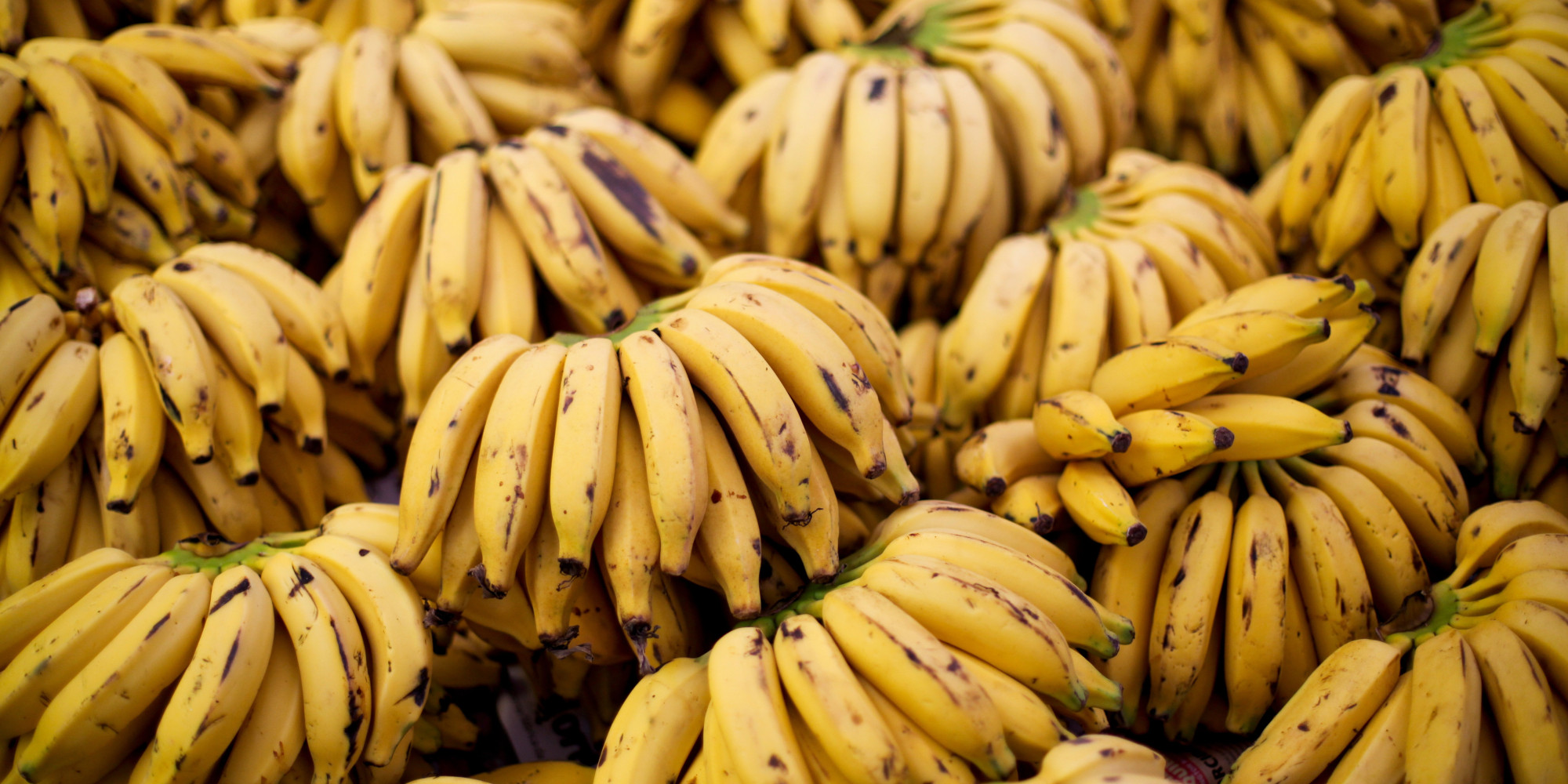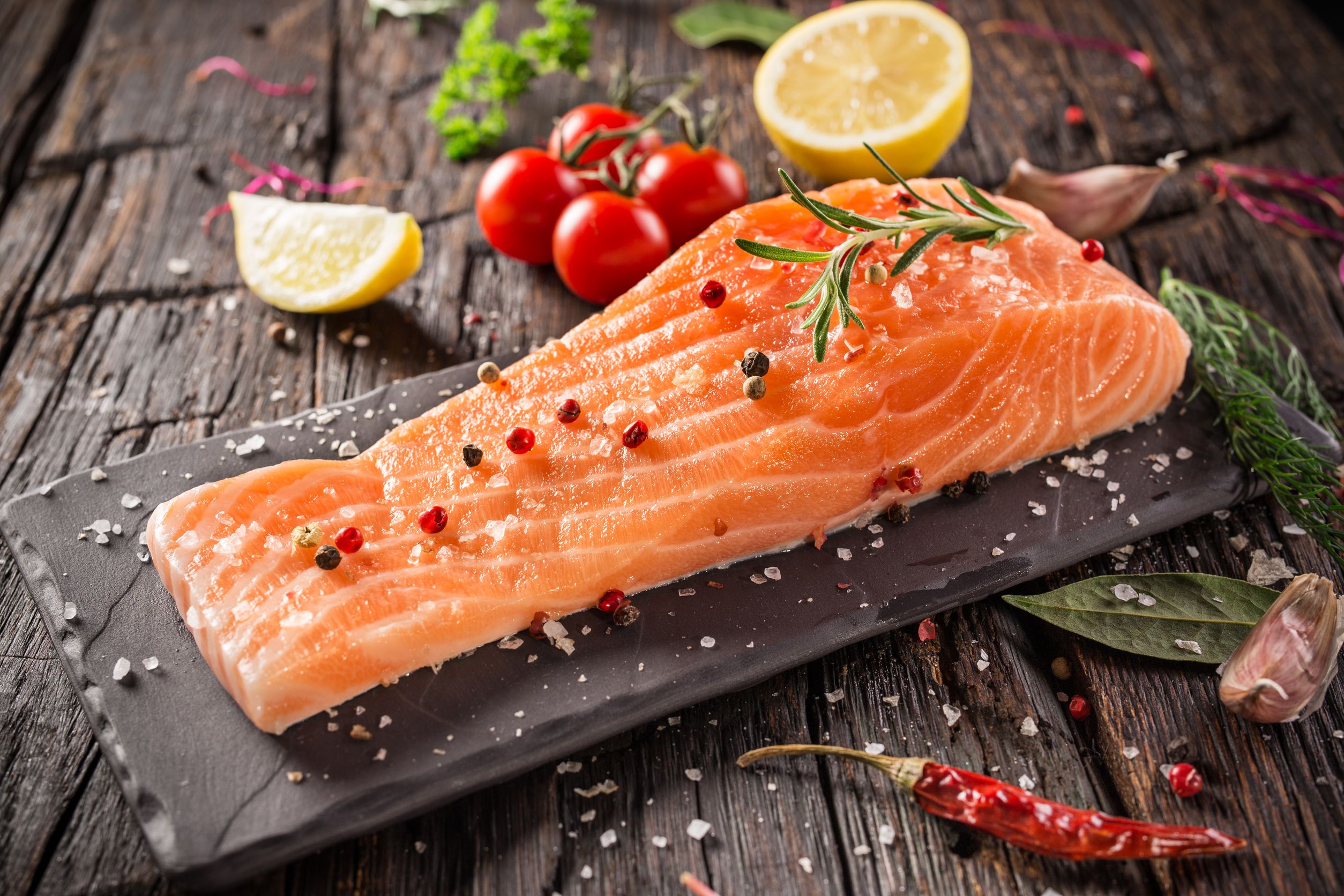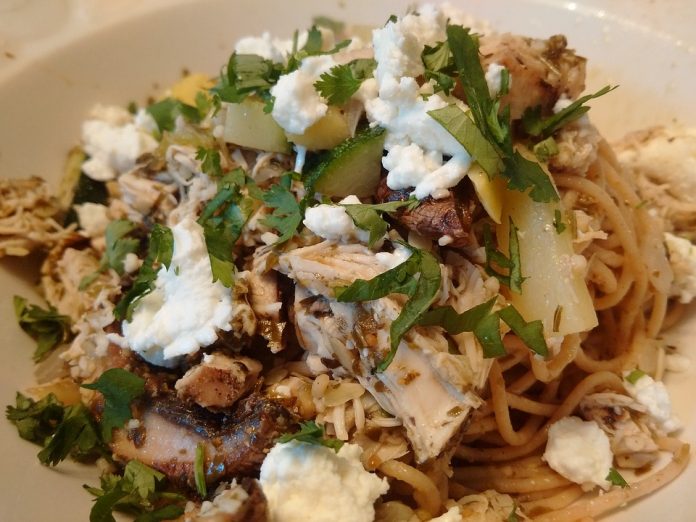Eating healthy isn’t just about taking some healthy foods a few days to a marathon. Runners should choose a healthy diet throughout an entire training cycle to impact their athletic performance.
The best practice athletes can adopt is to take a high-carbohydrate meal within sixty minutes of a run. This discussion highlights five energy-boosting foods for top performance amongst runners.
1. Whole-Wheat Pasta
Pasta is a great pre and post-workout meal for runners who want to maximize their muscle glycogen stores. It makes one of the most carbohydrate-dense foods. Runners should, however, choose the whole-wheat pasta as it contains six grams of fiber, more minerals and vitamins, as well as fatty acids. It thus enhances digestive health and satiety while providing long-lasting energy compared to pasta.
Those who don’t like the blunt taste of whole-wheat pasta may take spaghetti squash. It is also rich in minerals and vitamins and a better source of omega-3 fatty acids compared to whole wheat pasta. Omega-3 fatty acids reduce muscle inflammation after intense work-outs or a long run.
Joe Bastianich, an avid runner who has competed in various marathons, recommends taking whole wheat pasta to enhance fiber intake while regulating blood sugar levels. He cites classic pasta dishes like puttanesca (features capers, pasta anchovies, tuna, and olives) and spaghetti all scoglio, which make great work-out friendly carbs.
2. Oatmeal
Oatmeal makes the perfect breakfast before going out for a run. It is rich in fiber, has a low glycemic index and provides lots of carbs. It makes a healthy diet that helps your sugar levels rise slowly, generating energy for a long period of time, without spiking blood sugar levels. It also keeps the body feeling satiated for long.
Oats are gentle on the stomach, especially if taken with water instead of milk. Add some honey and a banana and it becomes the perfect meal to fuel your morning training routine, without running to the bathroom during the workout. Oatmeal is also an excellent post-run meal for athletes who are used to running in the morning. The carbs replenish the energy used up, so you have enough for the next run.
3. Bananas

Bananas make the best pre-workout foods for runners. They are rich in carbohydrates (up to 30 grams), are fat-free, and have a gram of protein. Athletes have increased needs for vitamins like B6, calories and electrolyte replacement. Runners who perform intense workouts are at risk of potassium deficiency causing irregular heartbeat and muscle cramps.
Potassium, being an electrolyte plays the same role as sodium in the body: balancing fluids and regulating nerve impulses. During exercise, potassium is lost through sweat and needs to be replaced. A banana (seven inches) carries 422 milligrams of potassium, i.e., 12 percent of the amount required daily.
It is also rich in magnesium, which is an essential mineral for the development of bones. Runners put immense pressure on bones during workouts, hence adding a banana to your diet aids in keeping healthy bones. Yohan Blake, a 2011 World Champion, believes bananas are an excellent source of energy. Blake confesses to eating as many as 15 bananas a day (it may be a little excessive).
4. Skim Milk
It features a balance of proteins and fast-acting carbohydrates, hence recommended as a post-exercise muscle-recovery food for athletes. Muscle tissues and glycogen stores are replenished fast when carbs are consumed together with proteins after a workout. Skim milk provides natural sugars and proteins in the required ratios for muscle glycogen synthesis.
Chocolate-flavored skim milk, for example, outperforms popular recovery supplements when taken after exercise. In fact, athletes who take carb-based drinks or low-fat chocolate milk after a strenuous workout tend to run distances twice as long as their counterparts in subsequent runs.
5. Wild Salmon

Salmon is rich in omega-3 fatty acids, which boost the health of the heart by contributing to the development of elastic blood vessels and improving the function of the nervous system. Omega-3 fatty acids from marine sources like salmon get quickly absorbed and used up by the body. What’s more, they act as potent anti-inflammatories that reduce pain and soreness after intense workouts.
Salmon is also an excellent source of high-quality protein, which is also easily digested and low in saturated fat and vitamin D. The vitamin keeps the bones and muscles healthy, supports immune system function, and reduces free radicals in the cells after they are produced during vigorous exercises.
Conclusion
A healthy diet ensures the athlete has the required building blocks to provide energy while aiding in the recovery of muscles. The food should contain fats, carbohydrates, protein, and antioxidants.
Guest author bio: Amanda Wilks is a writer, contributing author for TheKitchenAdvisor.com, cooking enthusiast and sports advocate. She firmly believes that a balanced lifestyle means focusing on good habits, such as exercising and healthy eating, and reducing stress. If you’re interested in reading more of Amanda’s work, go on Twitter.


